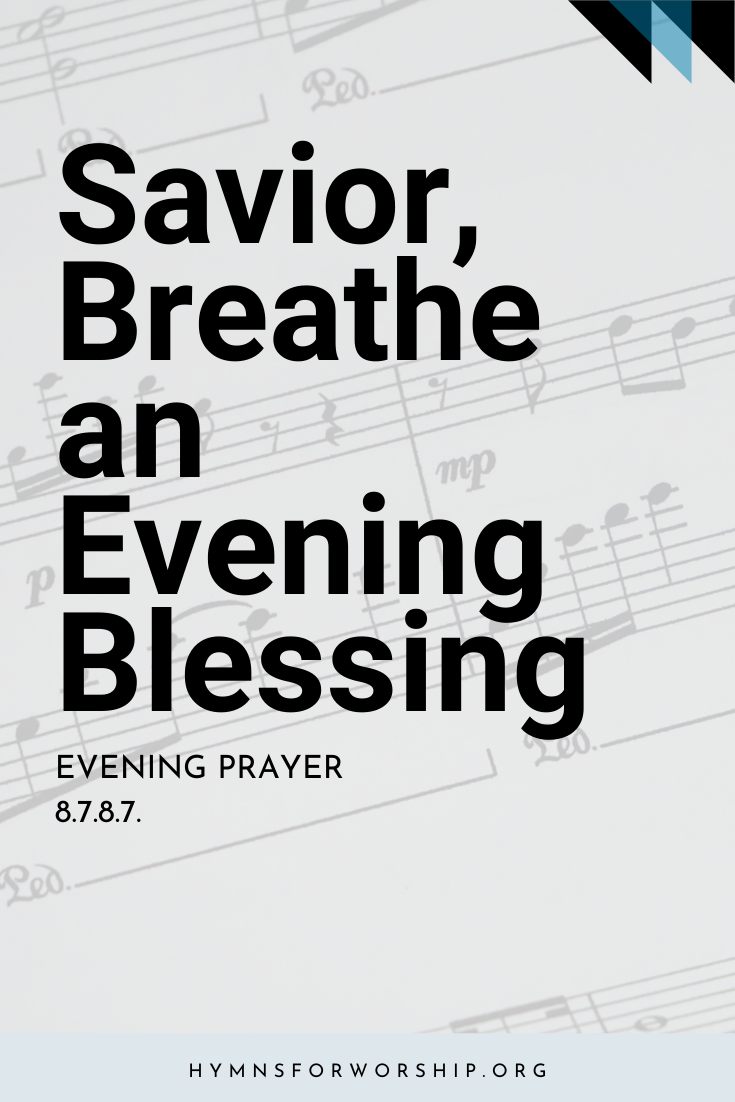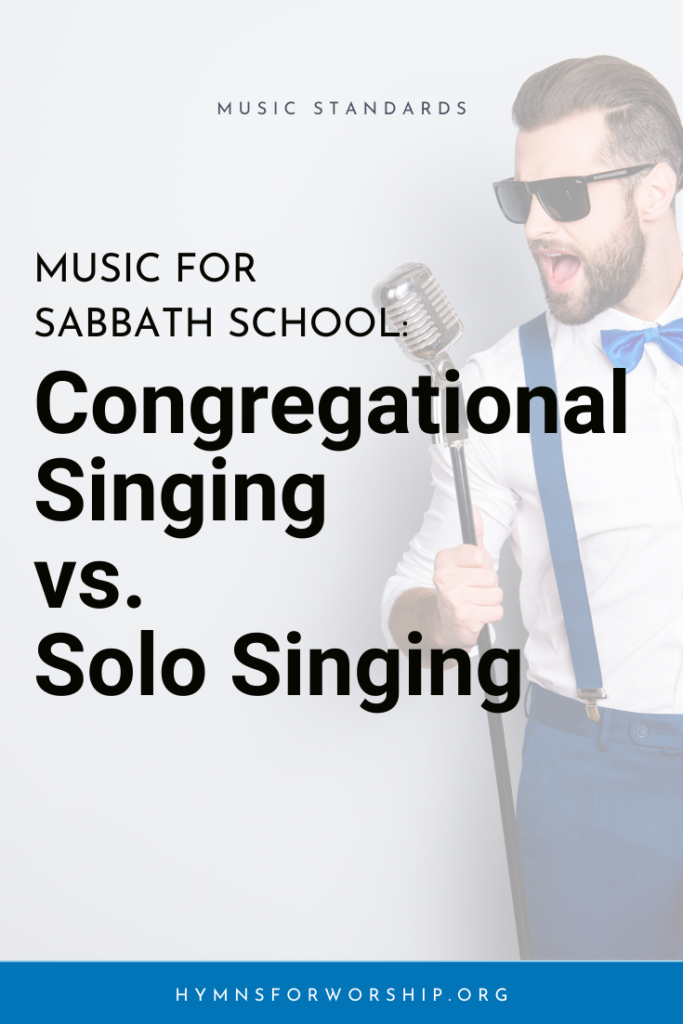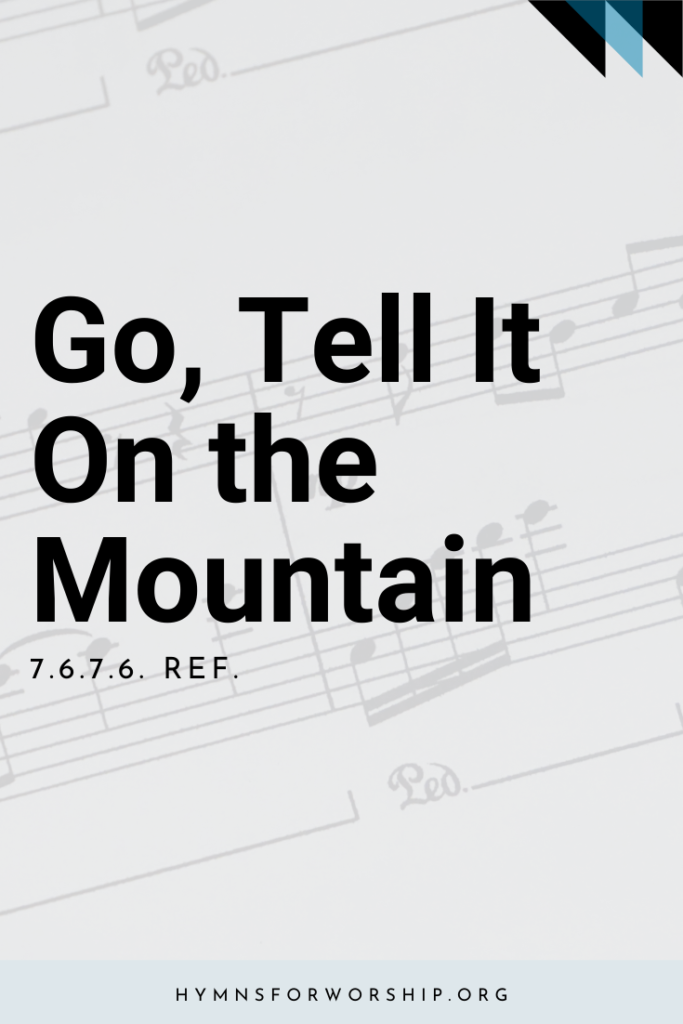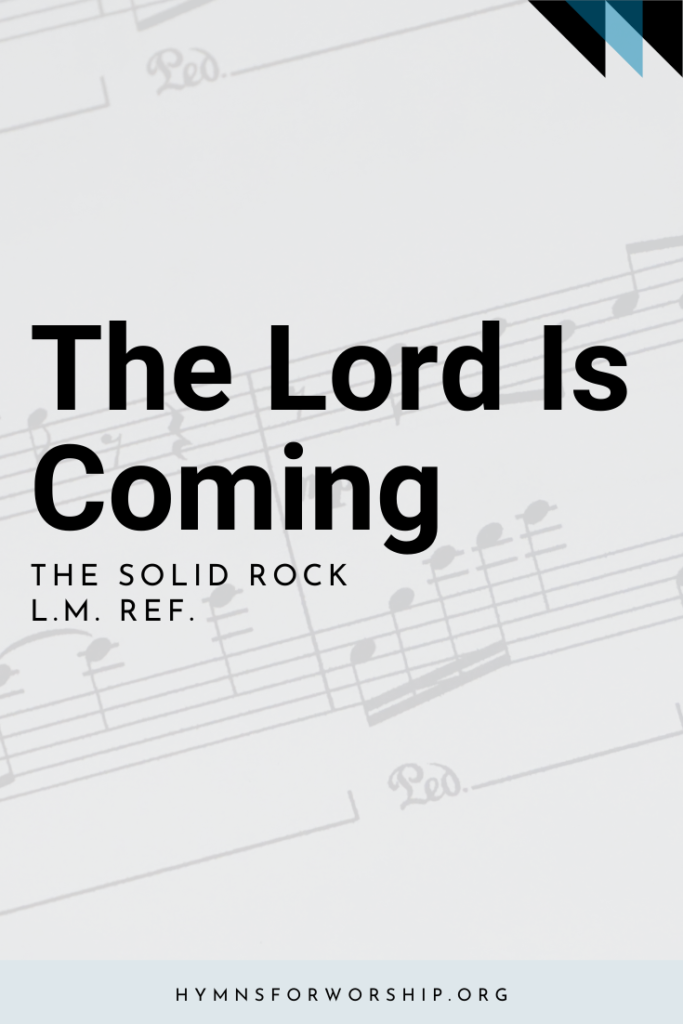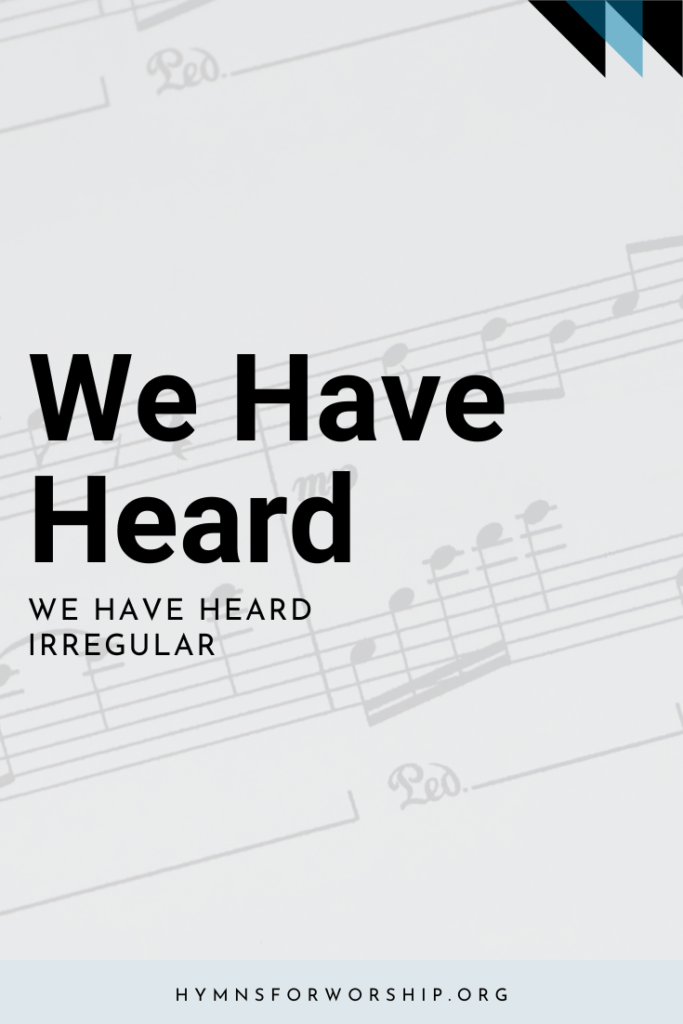WORSHIP >> EVENING WORSHIP
SDAH 49
Savior, breathe an evening blessing,
Ere repose our spirits seal;
Sin and want we come confessing;
Thou canst save, and Thou canst heal.
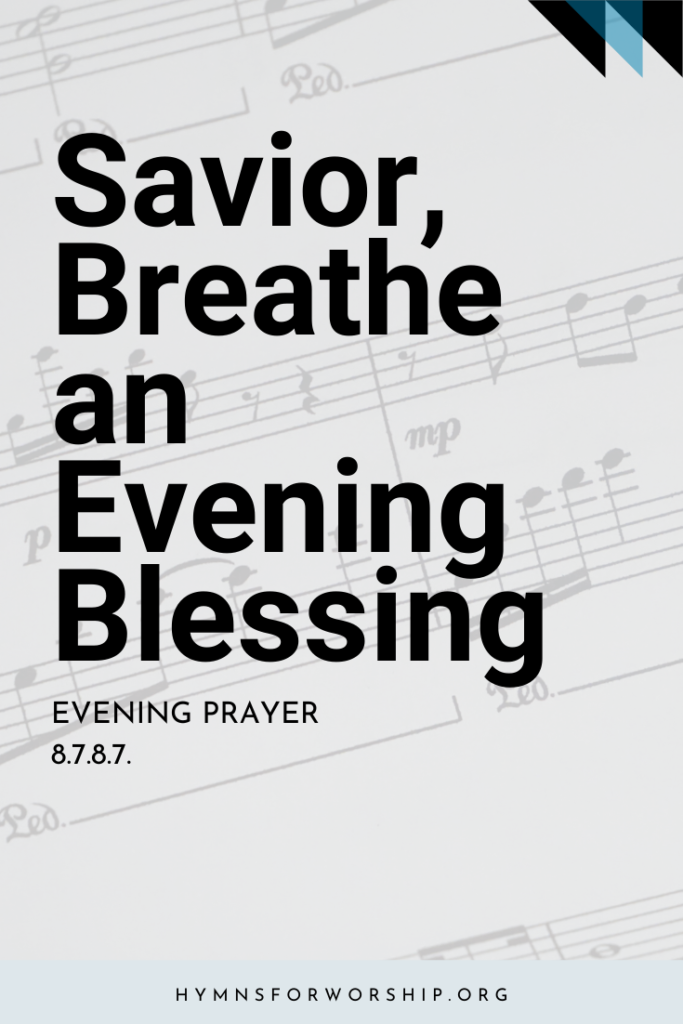

Get the hymn sheet in other keys here
For Worship Leaders
Make each hymn more meaningful with these helpful tools: Short, ready-to-use hymn introductions for church bulletins, multiple ways to introduce a hymn based on your worship theme and in-depth history and insights to enrich your song service.
Hymn Spotlight: Savior, Breathe an Evening Blessing
Inspired by Ethiopian evening hymns, James Edmeston (1791–1867) wrote this hymn in 1829 after reading Salte’s Travels in Abyssinia. The touching scene of a simple prayer—*”Jesus, forgive us”—*stirred him to write this beautiful evening petition. Edmeston, an architect and hymn writer, penned nearly 2,000 hymns, many for family worship and orphaned children he supported.
The tune EVENING PRAYER was composed in 1876 by George Coles Stebbins (1846–1945) as a quiet response after prayer. Its gentle, flowing melody invites reflection and peace.
As we close the day with this hymn, may we rest in the assurance that God watches over us in the night as well as the day.


Text
1
Savior, breathe an evening blessing,
Ere repose our spirits seal;
Sin and want we come confessing;
Thou canst save, and Thou canst heal.
2
Though the night be dark and dreary,
Darkness cannot hide from Thee;
Thou art He who, never weary,
Watchest where Thy people be.
3
Though destruction walk around us.
Though the arrow past us fly,
Angel guards from Thee Surround us,
We are safe if Thou art nigh.
4
Should swift death this night o’re-take us,
And our couch become our tomb,
May the morn of glory wake us,
Clad in light and deathless bloom.

Hymn Info
Biblical Reference
(b) Ps 139:12, 121:4 (c) Ps 91:5, 6; 34:7
Author
James Edmeston (1791-1867)
Year Published
1820
Hymn Tune
EVENING PRAYER
Metrical Number
8.7.8.7.
Composer
George C. Stebbins (1846-1945)
Year Composed
1878
Theme
EVENING WORSHIP

